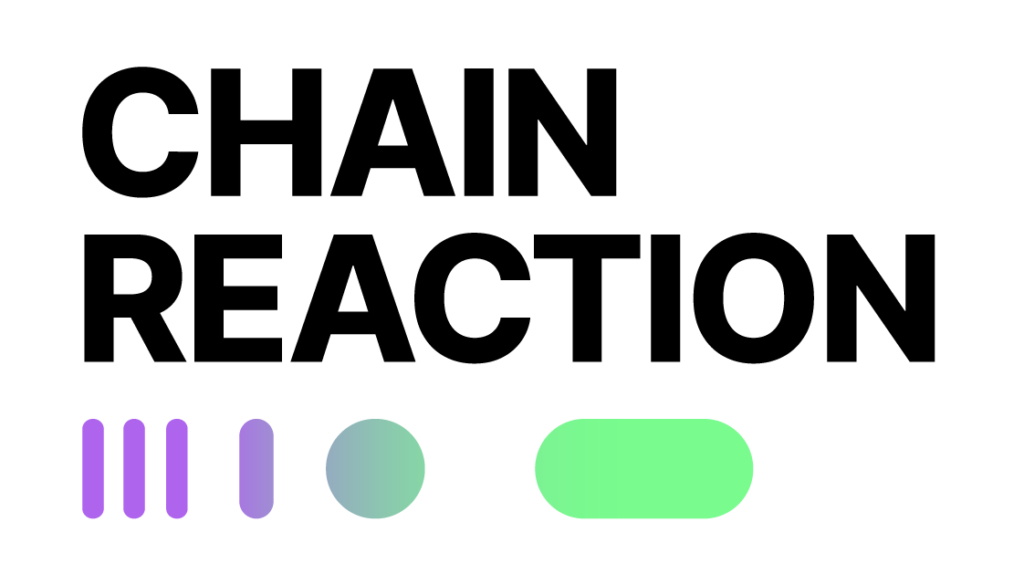On February 7, 2025, Alexey Pertsev, the founder of Tornado Cash, was released from prison after several months. A Dutch court decided to end his pretrial detention, but he will remain under house arrest and monitored electronically. His case has drawn attention from those concerned about privacy and cryptocurrency, marking a significant moment in his legal battle.
Pertsev had been detained since 2022 due to allegations of money laundering linked to Tornado Cash, a service that enables anonymous transactions. Although he did not control the funds processed through the platform, he was sentenced to five years in prison for not preventing illegal activities.
His pretrial detention was extended in November 2024, but the recent court ruling allowed him to prepare for his legal appeal outside of prison. Pertsev expressed gratitude for this opportunity, stating, “It is not real freedom, but it is better than prison.”
His case highlights the growing conflict between government regulations and privacy software. Privacy advocates worry that the outcome could negatively impact developers of privacy-focused tools. Tornado Cash, which can be used for both legitimate and illicit purposes, has been under intense legal scrutiny. Pertsev’s appeal is expected to have significant implications for privacy in the crypto sector.
In 2024, the U.S. Treasury sanctioned Tornado Cash, claiming that over $7 billion in illicit funds passed through the service. These sanctions faced backlash since Tornado Cash is decentralized, and its developers cannot control transactions. However, a U.S. court later supported the developers and overturned the sanctions, signaling a shift in how privacy software and immutable code are regulated.
Pertsev’s release has also influenced the market. The price of the TORN token, associated with Tornado Cash, increased by 15% on the day of its release. It had already risen by 40% in the previous month, with many believing it could continue to climb as Pertsev’s case unfolds.



